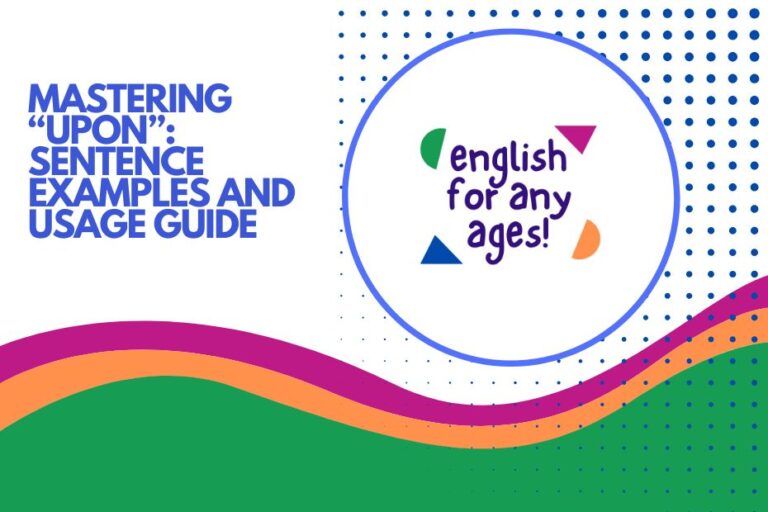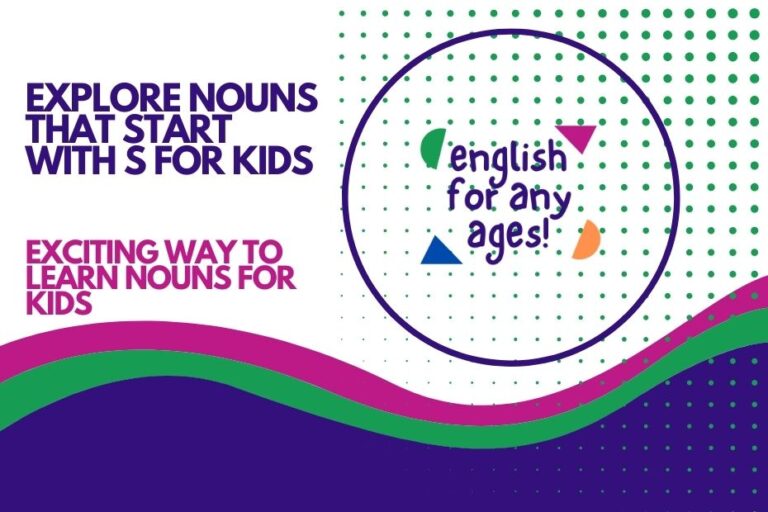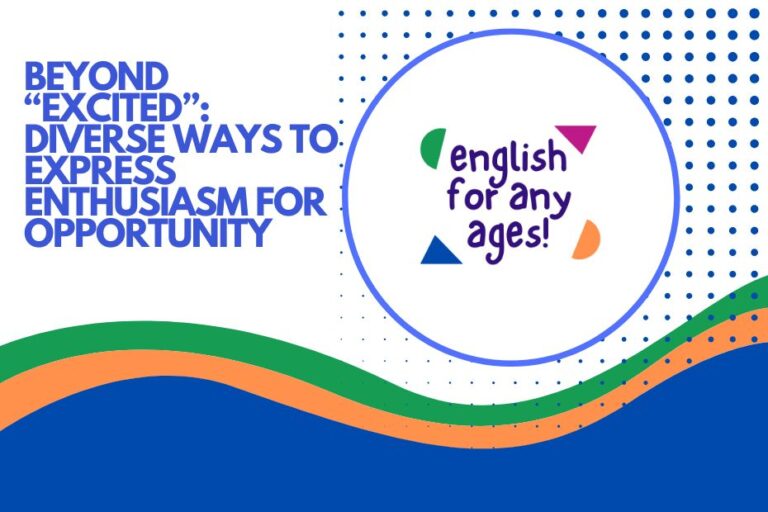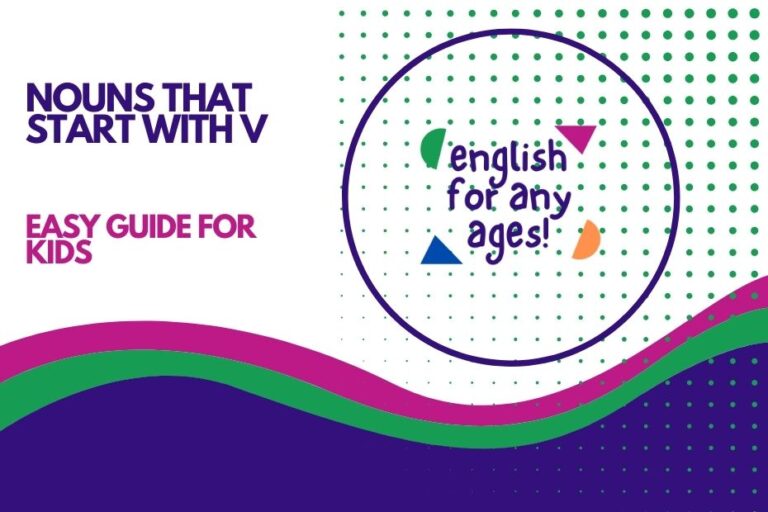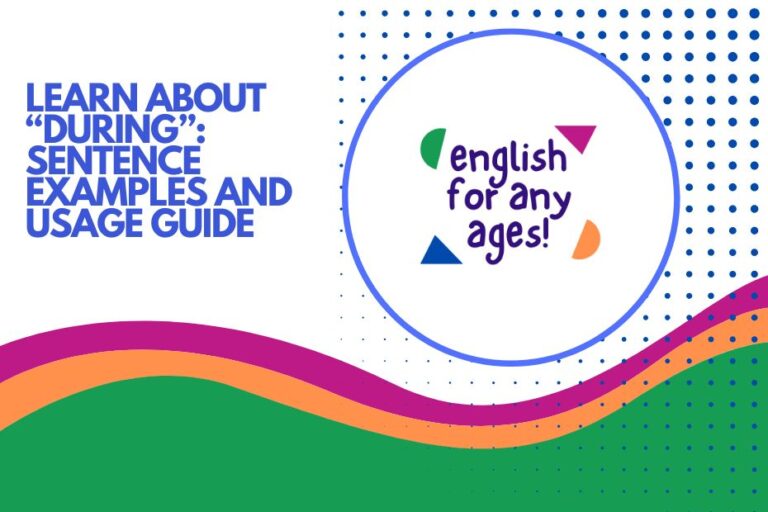Mastering “Unrewarding”: Usage, Examples, and Exercises
Understanding how to use the word “unrewarding” correctly is crucial for expressing feelings of dissatisfaction, lack of fulfillment, or a sense of wasted effort. This article provides a comprehensive guide to using “unrewarding” in various contexts, ensuring you can accurately convey your experiences and observations.
Whether you’re an English language learner or a native speaker looking to refine your vocabulary, this guide offers clear definitions, practical examples, and helpful exercises to master the usage of “unrewarding.”
This article will benefit students, writers, professionals, and anyone seeking to improve their English communication skills. By understanding the nuances of “unrewarding,” you can express yourself more precisely and effectively, adding depth and clarity to your writing and speech.
Table of Contents
- Definition of “Unrewarding”
- Structural Breakdown
- Types and Categories of Unrewarding Situations
- Examples of “Unrewarding” in Sentences
- Usage Rules for “Unrewarding”
- Common Mistakes When Using “Unrewarding”
- Practice Exercises
- Advanced Topics: Nuances and Synonyms
- Frequently Asked Questions (FAQ)
- Conclusion
Definition of “Unrewarding”
The word “unrewarding” is an adjective that describes something that does not provide satisfaction, pleasure, or a sense of accomplishment. It implies a lack of positive return or benefit, often despite significant effort or investment.
“Unrewarding” can apply to various aspects of life, including work, relationships, hobbies, and personal endeavors.
Classification: Adjective
Function: To describe something that fails to provide a positive return, satisfaction, or a sense of worth. It emphasizes the lack of fulfillment or benefit derived from an activity or situation.
Contexts: “Unrewarding” is used in contexts where effort or investment is expected to yield positive results, but does not. It often carries a negative connotation, reflecting disappointment or frustration.
Structural Breakdown
The word “unrewarding” is formed by adding the prefix “un-” to the word “rewarding.” Let’s break down each part:
- Un-: This prefix negates the meaning of the word it precedes. It means “not” or “the opposite of.”
- Rewarding: This adjective describes something that provides satisfaction, pleasure, or a sense of accomplishment.
Therefore, “unrewarding” literally means “not rewarding.” It follows the typical pattern of adjective formation with negative prefixes in English.
The structure of sentences using “unrewarding” typically involves the following elements:
- Subject: The person or thing experiencing the lack of reward.
- Verb: A linking verb (e.g., “is,” “seems,” “feels”) or an action verb that relates to the unrewarding activity.
- “Unrewarding”: The adjective describing the subject or activity.
Example: “The job is unrewarding.” (Subject: job, Verb: is, Unrewarding: adjective)
Types and Categories of Unrewarding Situations
“Unrewarding” can be applied to a wide range of situations. Here are some common categories:
Unrewarding Work
This refers to jobs or careers that offer little satisfaction, recognition, or financial compensation despite the effort required. It can lead to burnout and a sense of disillusionment.
Unrewarding Relationships
These are relationships (romantic, familial, or platonic) that drain emotional energy, lack reciprocity, and fail to provide support or fulfillment.
Unrewarding Hobbies
Hobbies that once brought joy can become unrewarding if they no longer provide a sense of accomplishment or relaxation. This can happen due to skill plateaus, lack of progress, or changing interests.
Unrewarding Efforts
This category includes situations where significant effort is invested in a task or project, but the results are minimal or non-existent. It can be frustrating and discouraging.
Unrewarding Tasks
These are everyday activities that are tedious, repetitive, and offer no sense of purpose or achievement. They can contribute to a general feeling of dissatisfaction.
Examples of “Unrewarding” in Sentences
The following sections provide extensive examples of how to use “unrewarding” in different contexts. Each table is organized to provide a clear understanding of its usage.
Unrewarding Work
This table provides examples of “unrewarding” used in the context of work and careers.
| # | Sentence |
|---|---|
| 1 | The repetitive nature of the data entry made the job feel incredibly unrewarding. |
| 2 | Despite her hard work, the lack of recognition made her role unrewarding. |
| 3 | He found his career in finance increasingly unrewarding due to the ethical compromises he had to make. |
| 4 | The long hours and low pay made the internship a deeply unrewarding experience. |
| 5 | She realized that her passion for teaching was waning, and the job was becoming unrewarding. |
| 6 | The constant pressure to meet unrealistic deadlines made the project feel unrewarding. |
| 7 | He felt that his skills were not being utilized, making his position unrewarding. |
| 8 | The lack of opportunities for growth made the job progressively unrewarding. |
| 9 | The bureaucracy and red tape made even simple tasks feel unrewarding. |
| 10 | She was disheartened to find that her dream job was actually quite unrewarding in practice. |
| 11 | Working in customer service can be unrewarding when dealing with rude customers all day. |
| 12 | The volunteer work, though noble, proved unrewarding due to the lack of resources. |
| 13 | He found the corporate environment stifling and ultimately unrewarding. |
| 14 | The constant criticism from his manager made the job feel incredibly unrewarding. |
| 15 | The work was intellectually stimulating, but financially unrewarding. |
| 16 | She yearned for a more fulfilling career, as her current job was deeply unrewarding. |
| 17 | After years of dedication, he realized his efforts were unrewarding, leading to his resignation. |
| 18 | The project, despite its potential, became unrewarding due to internal conflicts. |
| 19 | The monotonous routine of the assembly line made the work unrewarding for many employees. |
| 20 | Despite the high salary, the job was emotionally unrewarding, leaving him feeling empty. |
| 21 | Many teachers find that the profession is becoming increasingly unrewarding due to large class sizes and lack of support. |
| 22 | For the dedicated researcher, years of experimental failures can make their work seem unrewarding. |
| 23 | The artist struggled to make a living, finding his passion financially unrewarding. |
| 24 | The activist felt her efforts were unrewarding when faced with political indifference. |
| 25 | The entrepreneur discovered that running a small business was surprisingly unrewarding, despite his hard work. |
Unrewarding Relationships
This table illustrates the use of “unrewarding” when describing relationships that lack fulfillment.
| # | Sentence |
|---|---|
| 1 | She realized that the relationship was becoming increasingly unrewarding due to his constant negativity. |
| 2 | He found the friendship unrewarding because it was always one-sided, with him doing all the giving. |
| 3 | The marriage felt unrewarding because they had grown apart and no longer shared common interests. |
| 4 | She felt the relationship was unrewarding because her partner was emotionally unavailable. |
| 5 | He realized the friendship had become unrewarding when his friend consistently dismissed his feelings. |
| 6 | The family dynamic was unrewarding due to constant arguments and lack of support. |
| 7 | She found the relationship unrewarding because her partner never appreciated her efforts. |
| 8 | He felt the connection was unrewarding because they never had meaningful conversations. |
| 9 | The relationship became unrewarding as they stopped communicating effectively. |
| 10 | She realized the partnership was unrewarding because they had different life goals. |
| 11 | The online friendship proved unrewarding as they never met in person and the connection felt superficial. |
| 12 | The mentorship was unrewarding because the mentor was disengaged and offered little guidance. |
| 13 | He found the long-distance relationship unrewarding due to the lack of physical intimacy. |
| 14 | She felt the connection was unrewarding because her partner was always critical and judgmental. |
| 15 | The relationship was intellectually unrewarding as they had little to discuss beyond surface-level topics. |
| 16 | She yearned for a more fulfilling relationship, as her current one was deeply unrewarding. |
| 17 | The bond, once strong, became unrewarding due to unresolved conflicts. |
| 18 | The friendship, despite its longevity, became unrewarding due to a lack of mutual support. |
| 19 | The dynamic with her in-laws was unrewarding, filled with passive-aggressive remarks and judgment. |
| 20 | Despite the initial excitement, the relationship was emotionally unrewarding, leaving her feeling drained. |
| 21 | She found that constantly trying to please everyone was an unrewarding approach to friendships. |
| 22 | The therapist explained that clinging to toxic relationships is ultimately unrewarding. |
| 23 | He felt that constantly forgiving his friend’s betrayals was an unrewarding cycle. |
| 24 | The family gatherings, once joyful, became unrewarding due to underlying tensions. |
| 25 | The online dating experience proved unrewarding, filled with shallow interactions and unmet expectations. |
Unrewarding Hobbies
This table provides examples of “unrewarding” in the context of hobbies and leisure activities.
| # | Sentence |
|---|---|
| 1 | He found gardening increasingly unrewarding as pests kept destroying his plants. |
| 2 | She realized that knitting had become unrewarding because she never finished any projects. |
| 3 | He felt that playing video games was unrewarding because it was consuming too much of his time. |
| 4 | She found painting unrewarding because she was constantly comparing her work to others. |
| 5 | He realized that collecting stamps had become unrewarding because he had lost interest in the hobby. |
| 6 | The sport felt unrewarding due to constant injuries and setbacks. |
| 7 | She found the activity unrewarding because she was not seeing any improvement in her skills. |
| 8 | He felt the pastime was unrewarding because it was too solitary and isolating. |
| 9 | The hobby became unrewarding as it required too much time and expense. |
| 10 | She realized the pursuit was unrewarding because she was not enjoying the process. |
| 11 | The online game became unrewarding as it was filled with toxic players and unfair competition. |
| 12 | The creative writing group proved unrewarding as the feedback was unhelpful and discouraging. |
| 13 | He found the fitness routine unrewarding due to the lack of visible results. |
| 14 | She felt the hobby was unrewarding because she was always stressed about perfecting her technique. |
| 15 | The activity was intellectually unrewarding as it did not challenge her mind in any way. |
| 16 | He yearned for a more fulfilling hobby, as his current one was deeply unrewarding. |
| 17 | The craft, once enjoyable, became unrewarding due to the high cost of supplies. |
| 18 | The instrument, despite its beauty, became unrewarding due to the difficulty of mastering it. |
| 19 | The volunteer work at the animal shelter became unrewarding when witnessing constant animal suffering. |
| 20 | Despite the initial enthusiasm, the hobby was emotionally unrewarding, leaving him feeling more frustrated than relaxed. |
| 21 | She discovered that trying to learn too many new skills at once was an unrewarding experience. |
| 22 | The artist realized that constantly chasing trends was an unrewarding approach to creativity. |
| 23 | He felt that comparing his progress to others was an unrewarding habit. |
| 24 | The intense competition made the sport unrewarding. |
| 25 | The constant pressure to improve made the hobby unrewarding. |
Unrewarding Efforts
This table focuses on the use of “unrewarding” to describe efforts that yield little to no positive results.
| # | Sentence |
|---|---|
| 1 | Despite his best efforts, the project remained unrewarding due to unforeseen complications. |
| 2 | She found her attempts to reconcile with her estranged family unrewarding. |
| 3 | His efforts to improve the company’s image proved unrewarding in the face of scandal. |
| 4 | She felt that her attempts to help her friend overcome addiction were unrewarding. |
| 5 | His efforts to save the failing business proved unrewarding. |
| 6 | The campaign felt unrewarding due to lack of public support. |
| 7 | She found her attempts to change his mind unrewarding. |
| 8 | His efforts to impress her were unrewarding. |
| 9 | The attempts to mediate the conflict proved unrewarding. |
| 10 | She realized her attempts to control the situation were unrewarding. |
| 11 | The attempts to fix the old car proved unrewarding as it kept breaking down. |
| 12 | The efforts to revive the dying plant were unrewarding as it continued to wither. |
| 13 | He found his attempts to learn the new language unrewarding due to its complexity. |
| 14 | She felt her attempts to organize the chaotic office were unrewarding. |
| 15 | The efforts to negotiate a peace treaty were unrewarding as both sides remained intransigent. |
| 16 | He yearned for a more fruitful endeavor, as his current efforts were deeply unrewarding. |
| 17 | The struggle, despite its intensity, felt unrewarding due to the lack of progress. |
| 18 | The attempts to persuade the jury were unrewarding, leading to a guilty verdict. |
| 19 | The negotiations with the demanding client were unrewarding, resulting in a lost contract. |
| 20 | Despite the immense dedication, the efforts were ultimately unrewarding, leaving her feeling defeated. |
| 21 | She discovered that dwelling on past mistakes was an unrewarding use of her energy. |
| 22 | The scientist felt that endlessly repeating the same experiment was an unrewarding approach to research. |
| 23 | He realized that trying to please everyone was an unrewarding goal. |
| 24 | The struggle to maintain the old house was unrewarding. |
| 25 | The attempt to reason with the irrational person was unrewarding. |
Unrewarding Tasks
This table provides examples of “unrewarding” when describing daily tasks or chores.
| # | Sentence |
|---|---|
| 1 | She found doing the laundry endlessly unrewarding. |
| 2 | He felt that cleaning the bathroom was an unrewarding chore. |
| 3 | The repetitive task of filing documents was incredibly unrewarding. |
| 4 | She found answering emails all day unrewarding. |
| 5 | He realized that mowing the lawn had become an unrewarding task. |
| 6 | The paperwork felt unrewarding due to its volume and complexity. |
| 7 | She found the administrative task unrewarding because it was monotonous. |
| 8 | He felt the duty was unrewarding because it was time-consuming. |
| 9 | The routine became unrewarding as it offered no challenge. |
| 10 | She realized the requirement was unrewarding because it was unnecessary. |
| 11 | The task of organizing the cluttered garage was unrewarding and seemed never-ending. |
| 12 | The chore of scrubbing the stained floors was unrewarding as the stains persisted. |
| 13 | He found the task of updating the outdated software unrewarding due to its glitches. |
| 14 | She felt the task of sorting through old photographs was unrewarding as it brought back painful memories. |
| 15 | The task of writing the report was intellectually unrewarding as it required no critical thinking. |
| 16 | He yearned for more engaging activities, as his daily tasks were deeply unrewarding. |
| 17 | The grind, despite its necessity, felt unrewarding due to its tedious nature. |
| 18 | The obligation to attend the mandatory meeting was unrewarding, filled with irrelevant discussions. |
| 19 | The responsibility of managing the overflowing inbox was unrewarding, consuming his entire day. |
| 20 | Despite the effort, the task was emotionally unrewarding, leaving her feeling more stressed than accomplished. |
| 21 | She discovered that constantly multitasking was an unrewarding way to approach her workload. |
| 22 | The project manager found that micromanaging his team was an unrewarding strategy. |
| 23 | He realized that procrastinating on important tasks made them even more unrewarding. |
| 24 | The daily commute became unrewarding. |
| 25 | The constant interruptions made the task unrewarding. |
Usage Rules for “Unrewarding”
Here are some important rules to follow when using “unrewarding”:
- Use with Linking Verbs: “Unrewarding” is often used with linking verbs like “is,” “seems,” “feels,” “appears,” and “becomes.” These verbs connect the subject to the adjective “unrewarding,” describing the subject’s state or quality.
- Use with Action Verbs: “Unrewarding” can also be used in conjunction with action verbs that describe the activity or situation. In these cases, “unrewarding” modifies the noun that represents the activity. For example: “He found the job unrewarding.”
- Avoid Using as a Noun: “Unrewarding” is an adjective and should not be used as a noun. Instead of saying “The unrewarding of the task,” you would say “The unrewarding nature of the task.”
- Context Matters: The appropriateness of using “unrewarding” depends on the context. Ensure that the situation genuinely lacks satisfaction or benefit. Overusing it can sound overly negative or critical.
Common Mistakes When Using “Unrewarding”
Here are some common mistakes to avoid when using “unrewarding”:
| Incorrect | Correct | Explanation |
|---|---|---|
| The unrewarding of the job was clear. | The unrewarding nature of the job was clear. | “Unrewarding” is an adjective, not a noun. Use “unrewarding nature” or a similar phrase. |
| He felt unrewarding. | He felt the job was unrewarding. | “Unrewarding” should describe the situation or activity, not directly modify the person’s feelings (unless implied). |
| The job is unreward. | The job is unrewarding. | Ensure you use the correct adjective form, “unrewarding.” |
| She is unrewarding the task. | She finds the task unrewarding. | “Unrewarding” is not a verb. Use a verb like “finds” or “considers” to connect the subject to the adjective. |
Practice Exercises
Test your understanding of “unrewarding” with these exercises.
Exercise 1: Sentence Completion
Complete the following sentences with the word “unrewarding.”
| # | Question | Answer |
|---|---|---|
| 1 | He found the task of cleaning the attic incredibly __________. | unrewarding |
| 2 | She felt the relationship was becoming increasingly __________ due to his lack of communication. | unrewarding |
| 3 | Despite his hard work, the job remained __________ because he received no recognition. | unrewarding |
| 4 | The hobby of collecting stamps became __________ when he lost interest in it. | unrewarding |
| 5 | She found her attempts to help her friend overcome his addiction __________. | unrewarding |
| 6 | The repetitive nature of the work made it feel __________. | unrewarding |
| 7 | He realized that the effort he was putting in was __________. | unrewarding |
| 8 | She felt that the constant criticism made the relationship __________. | unrewarding |
| 9 | The volunteer work proved __________ due to the lack of resources. | unrewarding |
| 10 | The long hours and low pay made the internship ___________. | unrewarding |
Exercise 2: Error Identification
Identify the errors in the following sentences and correct them.
| # | Incorrect Sentence | Correct Sentence |
|---|---|---|
| 1 | The unreward of the job was clear. | The unrewarding nature of the job was clear. |
| 2 | He felt unrewarding about the task. | He felt the task was unrewarding. |
| 3 | The job is unreward. | The job is unrewarding. |
| 4 | She is unrewarding the situation. | She finds the situation unrewarding. |
| 5 | The task felt unrewardingness. | The task felt unrewarding. |
| 6 | He described the project as unrewarded. | He described the project as unrewarding. |
| 7 | The day was complete unrewarding. | The day was completely unrewarding. |
| 8 | She considered the hobby to be unreward. | She considered the hobby to be unrewarding. |
| 9 | The experience was unrewarding for him. That’s why he quitted. | The experience was unrewarding for him. That’s why he quit. |
| 10 | He finds himself unrewarding. | He finds the work unrewarding. |
Exercise 3: Sentence Transformation
Rewrite the following sentences using the word “unrewarding.”
| # | Original Sentence | Rewritten Sentence |
|---|---|---|
| 1 | The job offered no satisfaction. | The job was unrewarding. |
| 2 | She didn’t find the relationship fulfilling. | She found the relationship unrewarding. |
| 3 | His efforts yielded no positive results. | His efforts were unrewarding. |
| 4 | The task provided no sense of accomplishment. | The task was unrewarding. |
| 5 | He felt the hobby was a waste of time. | He found the hobby unrewarding. |
| 6 | The work did not give her any pleasure. | The work was unrewarding for her. |
| 7 | It wasn’t gratifying to try and help. | Trying to help was unrewarding. |
| 8 | The task felt pointless. | The task felt unrewarding. |
| 9 | She derived no benefit from the situation. | She found the situation unrewarding. |
| 10 | He didn’t get anything positive out of it. | He found it unrewarding. |
Advanced Topics: Nuances and Synonyms
For advanced learners, exploring the nuances of “unrewarding” and its synonyms can further refine your understanding and usage.
Nuances: “Unrewarding” often implies a sense of disappointment or frustration due to a lack of expected positive outcomes. It can also suggest a feeling of wasted effort or investment.
Synonyms:
- Unfulfilling: Similar to “unrewarding,” but often emphasizes a lack of personal satisfaction or meaning.
- Fruitless: Implies that efforts have not produced any results or benefits.
- Vain: Suggests that efforts were ultimately unsuccessful or pointless.
- Thankless: Highlights the lack of appreciation or gratitude received for efforts.
- Profitless: Focuses on the lack of financial or material gain.
- Unproductive: Emphasizes the lack of output or results.
Choosing the most appropriate synonym depends on the specific context and the aspect of “unrewarding” you want to emphasize.
Frequently Asked Questions (FAQ)
Here are some frequently asked questions about using “unrewarding”:
- Is “unrewarding” a formal or informal word?
“Unrewarding” is generally considered a neutral word suitable for both formal and informal contexts. Its usage depends more on the specific situation and the tone you want to convey rather than the setting.
- Can “unrewarding” be used to describe people?
While “unrewarding” primarily describes situations, tasks, or activities, it can indirectly describe people by implying that their actions or behavior do not provide satisfaction or positive outcomes. For example, “Dealing with him was an unrewarding experience” suggests that interacting with the person was not fulfilling.
- What is the difference between “unrewarding” and “unfulfilling”?
Both words describe a lack of satisfaction, but “unrewarding” often focuses on the lack of tangible benefits or positive outcomes, while “unfulfilling” emphasizes a lack of personal meaning or purpose. A job can be unrewarding due to low pay, but unfulfilling because it doesn’t align with your values.
- How can I avoid sounding too negative when using “unrewarding”?
To avoid sounding overly negative, balance your use of “unrewarding” with positive statements or suggestions for improvement. Instead of simply saying “The job is unrewarding,” you could say “The job is unrewarding, but I’m hoping to find ways to make it more fulfilling.”
- What are some alternatives to using “unrewarding” in professional settings?
In professional settings, consider using alternatives like “challenging,” “less than ideal,” or “not as productive as hoped” to describe situations without sounding overly critical or negative. You can also focus on specific aspects that need improvement rather than labeling the entire situation as ”

